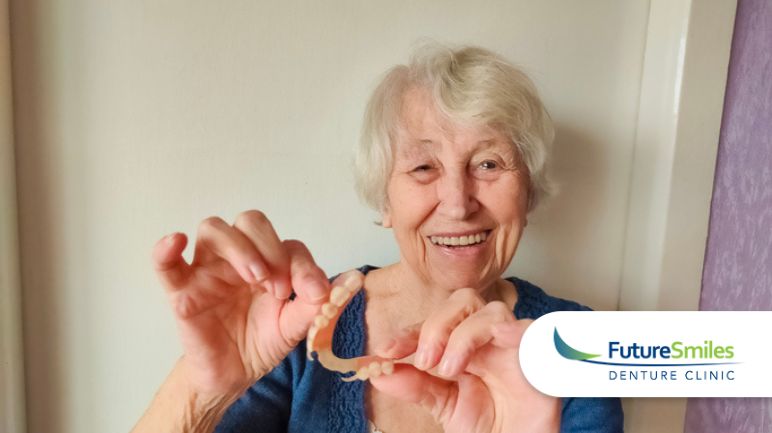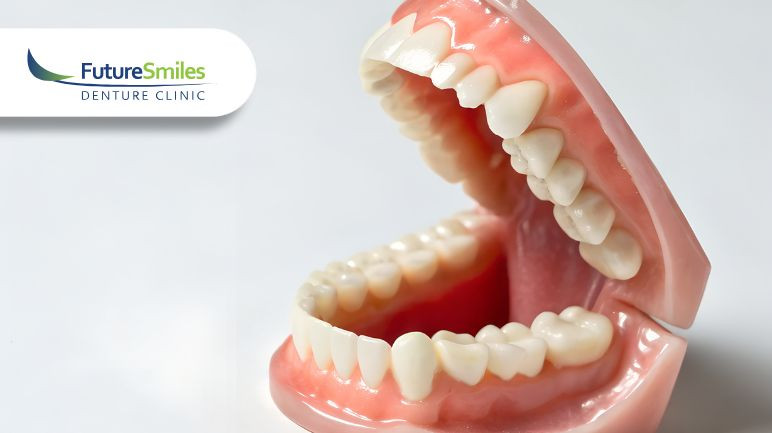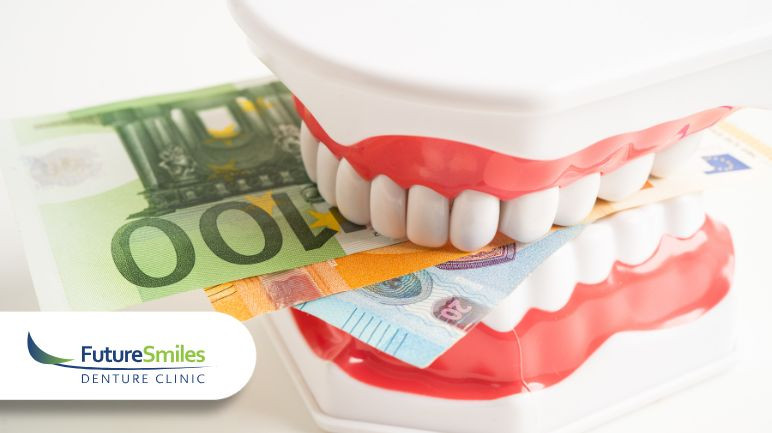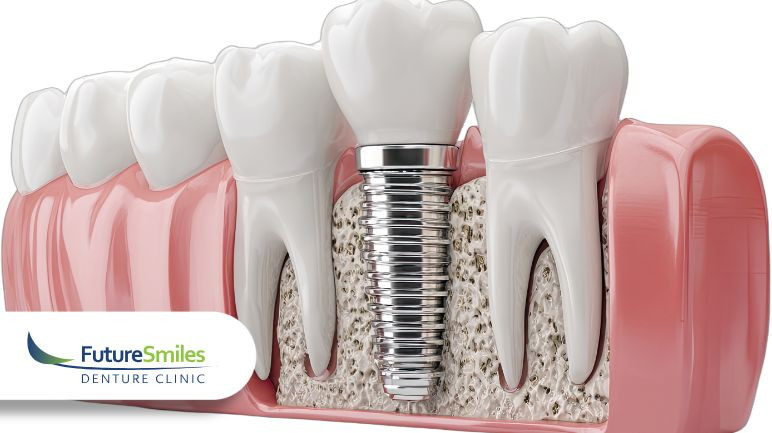The Difference Between Flexible Dentures And Traditional Partial Dentures
Materials And Design
While both options are a form of partial dentures, flexible dentures don’t use any metal and they are made of lightweight materials such as biocompatible thermoplastic. Flexible dentures and partial dentures use subtle clasps that fit around the remaining natural teeth to keep them in place; these clasps are often metal in regular partial dentures, whereas flexible dentures have clasps made of either clear or flesh-coloured material to blend in with your gums. The lack of metal and the lightweight material are what allow flexible dentures to have some bend, but both dentures offer a natural-looking smile and the ability to speak and eat without issue. The type of partial dentures you choose will depend on personal preferences and the recommendation of your denturist.
Comfort
Although regular partial dentures are also a good option, some people find that flexible dentures feel better and are easier to take in and out. However, regular partial dentures can be relined to account for changes in the mouth, whereas flexible dentures can only have a complete rebase, which is a more involved, and therefore less affordable, repair.
Durability
Because of their increased pliability, flexible dentures are also less prone to breaking since their base is less brittle than traditional partial dentures. However, flexible dentures still use the same type of denture teeth, which can break if biting something very hard. When you get dentures, your denturist will warn you about what foods may damage your denture teeth.
When Is It Best To Get Flexible Dentures?
Both flexible and regular partial dentures will work for most people, but not always. It’s best to get flexible dentures if you:
- Have angled teeth that make it difficult to get traditional rigid dentures into place.
- Are allergic to any of the components in regular partial dentures.
- Have irregular bone ridges.
- Struggle to open your mouth very wide.
- Tend to drop your dentures.
- Have sensitive gums.
Find The Right Dentures for Your Needs
If you’re not sure if flexible dentures are right for you, a denturist from Future Smiles Denture Clinic can explain your options and help you decide what type of denture will best suit your needs. Our experienced staff will assess your gum and tooth health and if you are a good candidate for partial dentures we will create a mold of your mouth to start making your dentures right away. To speak with the team at Future Smiles Denture Clinic in Calgary, you can visit the SW Calgary Denture clinic on Macleod or the NE Calgary location in Coral Springs. To book a free consultation with our Calgary Denturist, call 1-403-475-0016 or fill out the online contact form.
FAQ
Q: Can you eat normally with partial dentures?
A: Because you are learning to eat with new teeth, we are inclined to say that no, you will not eat exactly the same way you did before. The good news is that dentures that are well made and fit you perfectly will allow you to enjoy most of the same foods that you did prior to getting them. It will take some getting used to, but practice makes perfect. To learn more about how to adjust to eating with partial dentures, read Eating With Partial Or Complete Dentures.
Q: Who can’t use flexible dentures?
A: Flexible dentures are only made as partial dentures so a patient needs enough teeth to hold the dentures in place. Flexible dentures are also not recommended for people who have a history of extensive periodontal disease.
Q: Are there any drawbacks to flexible dentures?
A: Although many people prefer flexible dentures over traditional partial dentures, they are a more expensive option.







